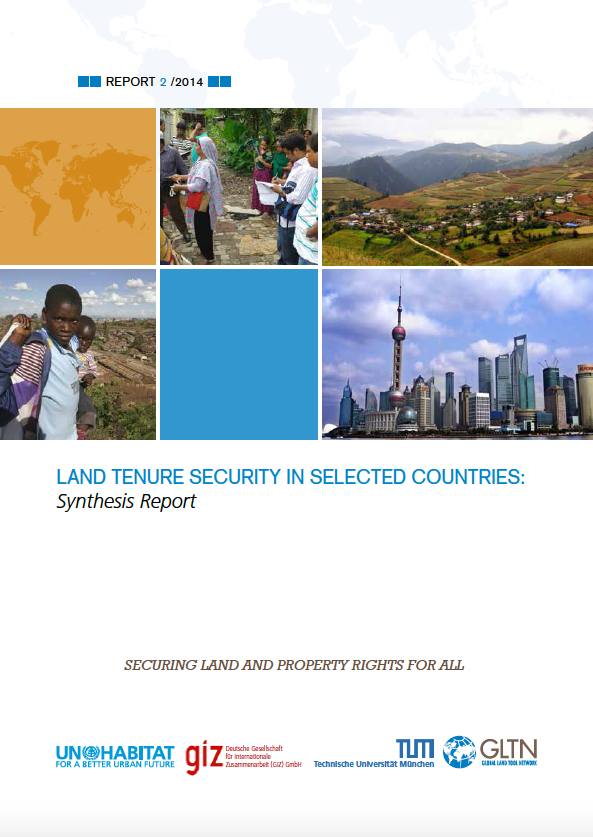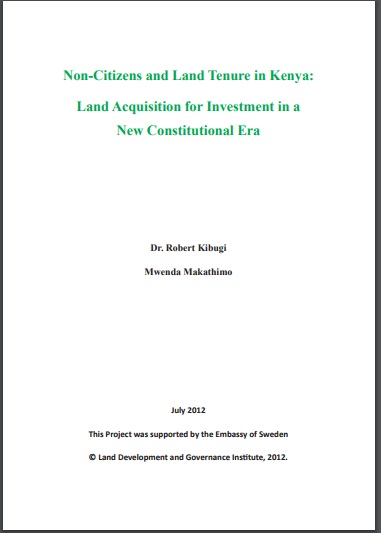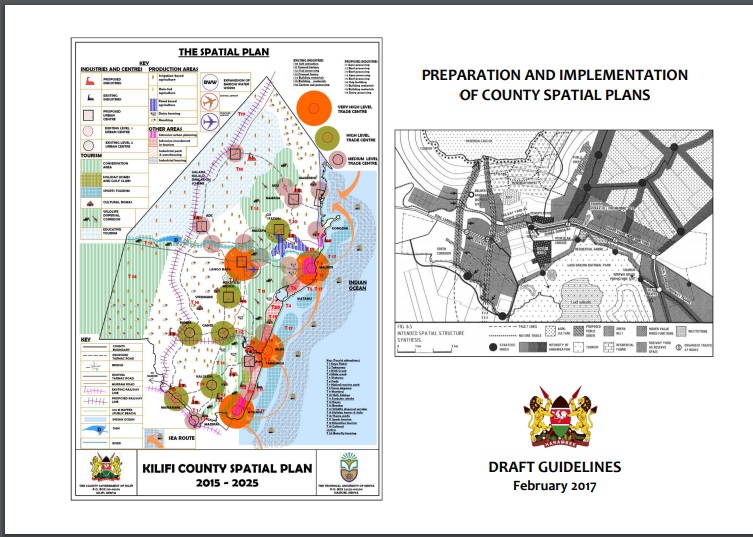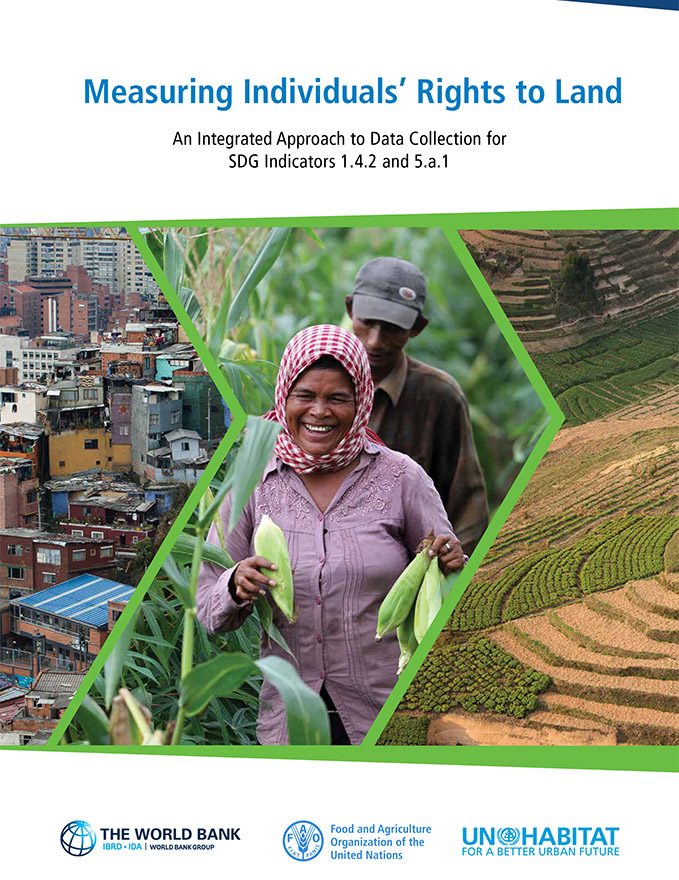Linked Open Data and Land Governance
What is Linked Open Data?
Linked Open Data is a way of enriching, connecting, and linking data in structured, machine readable and standardized formats under open licenses. Linked Open Data enables the same content to be represented in multiple ways in different places simultaneously.
Advantages of Linked Open Data
Efficient use of resources
Linked Open Data reduces redundancy by building upon and the work of others rather than replicating existing systems.












